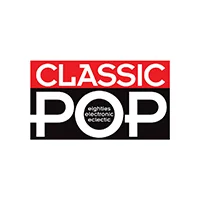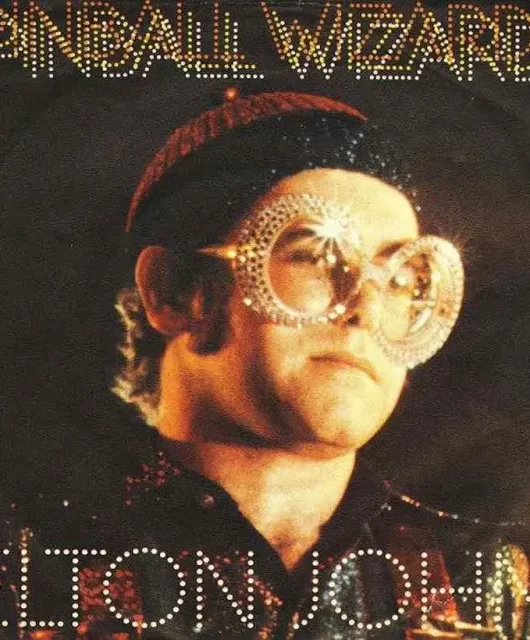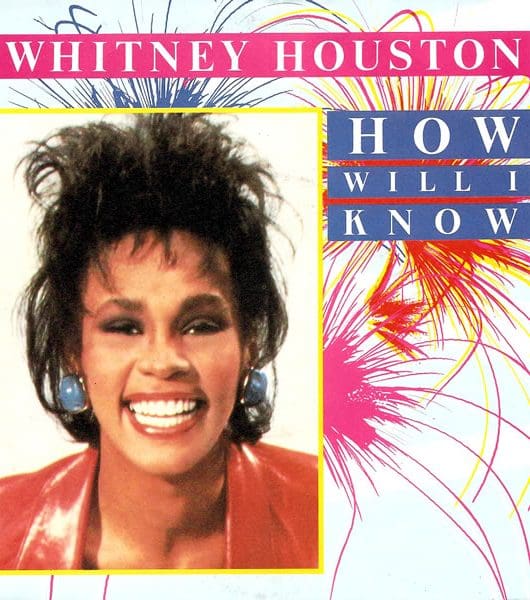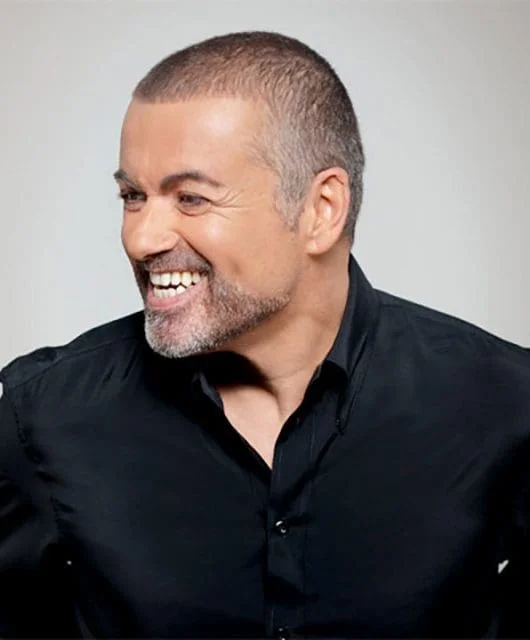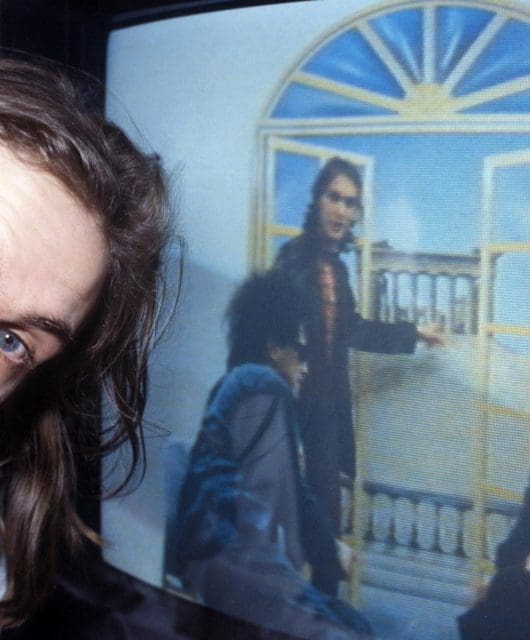Human League Albums – The Complete Guide
By Classic Pop | February 19, 2021
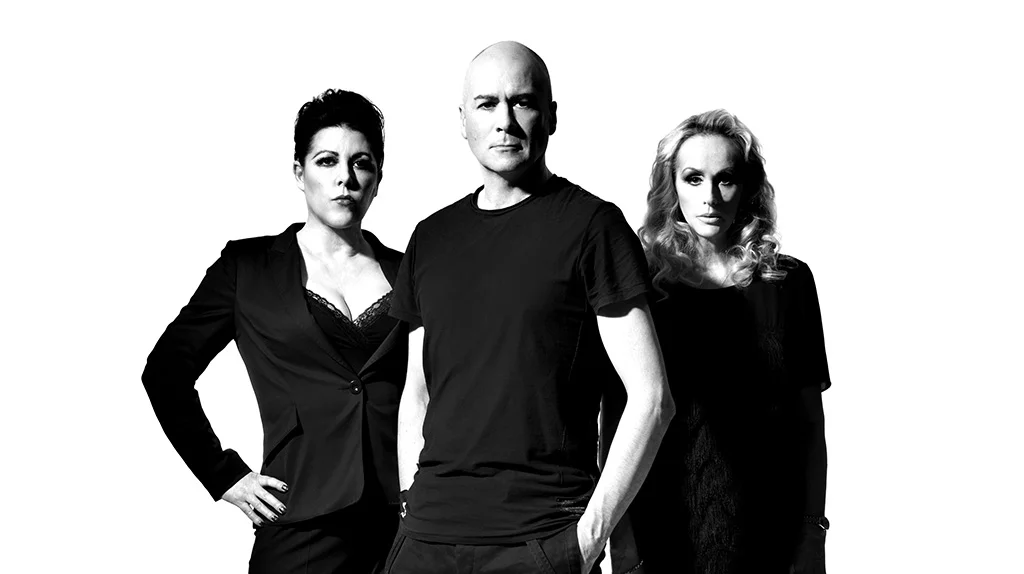
Through nine Human League albums the synth icons transformed themselves from science fiction-obsessed futurists into pure pop mavericks. By Steve Harnell
The Human League Albums: Reproduction

Released 1979
Label Virgin
Chart Position UK No.34 and US –
Borne out of Martyn Ware and Ian Craig Marsh’s short-lived Sheffield electronic venture The Future, when the pair invited Ware’s school friend Philip Oakey, their discovery unearthed one of the most distinctive frontmen of a generation.
Ware reasoned that Oakey “already looked like a pop star”, yet the group would need a new name if they were to fully reinvent themselves and win a much-prized record contract. Named after a quote from the sci-fi war-game Starforce: Alpha Centauri, The Human League soon assembled a demo tape featuring Being Boiled, Toyota City and Circus Of Death, the former becoming their debut single in 1978 and the latter appearing on their first album here a year later.
Reproduction would be produced by Colin Thurston, later to be a key figure, of course, in the early days of both Duran Duran and Talk Talk.
The Human League’s opening gambit on LP is a testimony to their love of futurism and sci-fi, the only thing backward-looking about opener Almost Medieval, is the synth melody of its clarion call intro. L
ess than 30 seconds in, though, and crashing drums announce this as a group who are resolutely rejecting the old world order (“Small world, dimly seen through cataracts”).
Even more impressive is the sci-fi electro pulse of the doomy Circus Of Death, a horror tale presenting a dystopian future where a mysterious ringmaster is poisoning people.
The Path Of Least Resistance, one of the group’s earliest recordings, introduces a lyrical theme that Oakey would return to on many occasions during the League’s career; that of asserting your own non-conformist individuality. Meanwhile, the tongue-in-cheek Blind Youth eulogises the joys of city living and includes the immortal couplet: “Dehumanisation is such a big word/ It’s been around since Richard The Third.”
Oakey’s reputation as an oddball lyricist was born right there. There’s yet more imaginative sci-fi fantasy on the wonderful Empire State Human and The Word Before Last suggests they’d been listening to the crepuscular soundscapes of John Carpenter. Adding to the diversity is a bold reboot of the old Righteous Brothers chestnut You’ve Lost That Loving Feeling. Were they taking the piss? It’s hard to say, but it sounds terrific.
And that now-iconic cover art? Martyn Ware has since explained they never intended it to be so controversial: “We said we wanted an image of a glass dancefloor in a discotheque, which people were dancing on and beneath this, a lit room full of babies.
It was meant to look like a still from a film – like some kind of dystopian vision of the future – but it just looks like they’re treading on babies.”
The Human League Albums: Travelogue
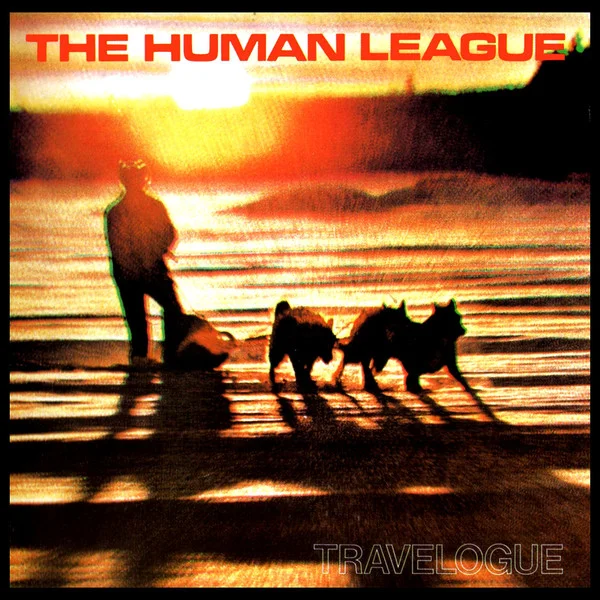
Released 1980
Label Virgin
Chart Position UK No.16 and US –
There was a schism at the heart of The Human League that finally ruptured with the release of their second studio album, despite Travelogue making a respectable No.16 on the UK charts.
However, a split between Oakey and Adrian Wright on one side and Martyn Ware and Ian Craig Marsh on the other, precipitated the latter pair’s exit to form Heaven 17. Travelogue, then, would be the last vestiges of The Human League’s outré experimentalism that marked their early work.
Co-produced with Richard Mainwaring who went on to helm OMD’s landmark album Architecture & Morality, Travelogue is the sound of a band on the cusp of greatness, while still retaining the quirky innocence of their youth.
It’s a wide-ranging work despite the friction that may have been going down between members in the search for a coherent musical direction. You have to admire the confidence of a group who can pinball between sci-fi fantasy, darkly atmospheric nods to the movie soundtrack world of John Carpenter and still have the gall to throw in a cover of a TV advert for good measure.
Typifying the quirkiness is the odd opener The Black Hit Of Space. Set against a swirling futureworld electronica landscape, Oakey begins a sci-fi fantasy tale about a vinyl record that takes over Earth.
It’s wonderfully silly (“I knew I had to escape but every time I tried to flee, the record was in front of me”), though steps are made towards more straight-ahead mainstream territory.
A warm bassline threads its way through the synth-pop of Only After Dark, a pleasing cover of a Mick Ronson track from his Slaughter On 10th Avenue LP. Likewise, there are pop smarts at play on the superb Life Kills.
Clearly at the vanguard of synth-pop visionaries, the group take themselves seriously but still have the nous to include a carefree reboot of a Jeff Wayne jingle, Gordon’s Gin, and indulge in a rare dose of nostalgia for WXJL Tonight, a paean to the golden age of radio.
If there’s one takeaway from Travelogue, though, it’s the brutalist noise assault of Dreams Of Leaving and the bold futurism of a reworked Being Boiled – their skewed take on electronica at its in-your-face finest.
The Human League Albums: Dare
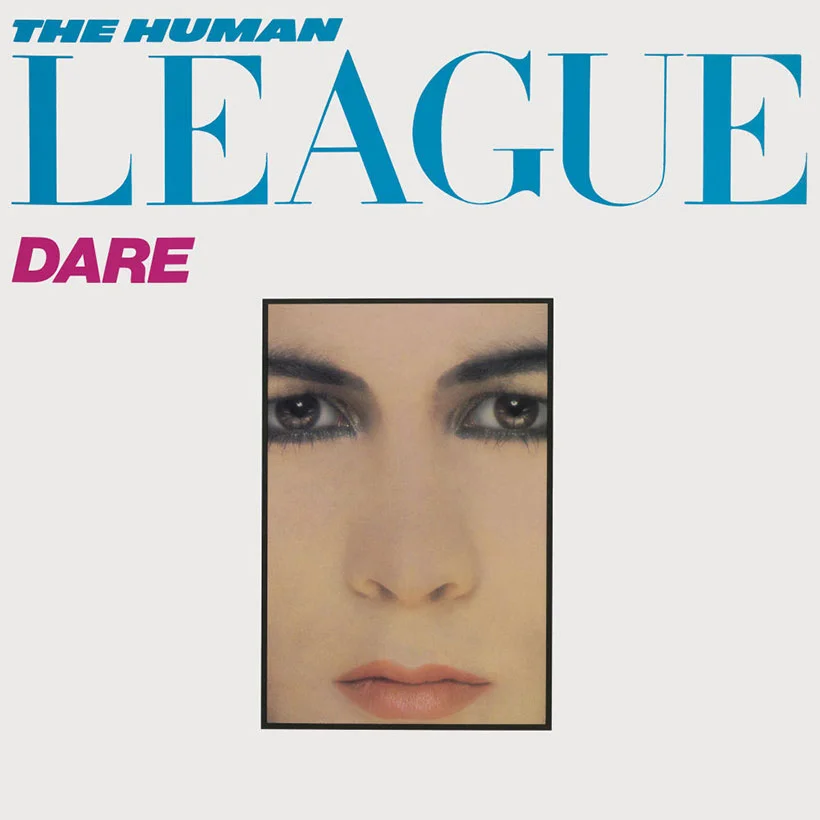
Released 1981
Label Virgin
Chart Position UK No.1 and US No.3
The set text of 80s synth-pop after two years of staying out of the mainstream, The Human League gatecrashed the top of the charts with the best album of their career.
With Martyn Ware and Ian Craig Marsh now departed to form Heaven 17, the way was left clear for Oakey to lead the group into more traditional populist waters.
And yet… amid the melodies, polish and classicist pop songwriting there are plenty of curveballs to enjoy; kudos to Oakey for name-dropping both Norman Wisdom and the Ramones in opener The Things That Dreams Are Made Of.
Allied to a general change in songwriting tone and direction, the recruitment of vocalists Joanne Catherall and Susan Ann Sulley transformed the feel of The Human League.
Equally central to the success of Dare was the addition of guitarist and keyboardist Ian Burden who had previously hooked up with the group as a touring band member. His skills as a session musician, songwriter and keyboardist were a huge step in the right direction towards creating sophisticated synth-pop.
The first eureka moment of the new line-up came with The Sound Of The Crowd; Oakey settles into his baritone, Catherall and Sulley seamlessly merge in on backing vocals while Burden and Philip Adrian Wright’s keyboard textures add depth and nuance.
A Top 20 hit, it was the breakthrough the band were chasing, further underlined by the superb Love Action (I Believe In Love) and Open Your Heart, both of which comfortably made the Top 10.
Their career-defining synth anthem Don’t You Want Me made them stars on a global level. Oakey’s tale of a svengali who turns a waitress into a star only for him to be abandoned once she finds fame has been much discussed as one of the most iconic singles of the 80s.
It shouldn’t overshadow a highly consistent LP, though. Largely composed by Wright about his struggles with insomnia after reading a horror novel, Darkness makes for a fine change of tone and the African rhythms of Do Or Die find the group expanding their musical palette.
A well-chosen cover of Roy Budd’s masterful theme tune to Get Carter is a tease; we get just an eerie one-minute snapshot shorn of the percussive momentum of the original. It’s the only missed opportunity on the album.
There’s a return to their sci-fi roots for the Judge Dredd-referencing I Am The Law and Oakey is on sombre form for Seconds, a mood piece touching on the assassination of JFK.
Melodic hooks, wildly diverse lyrical content, introspective moodiness: Dare is quintessential Human League.
The Human League Albums: Hysteria
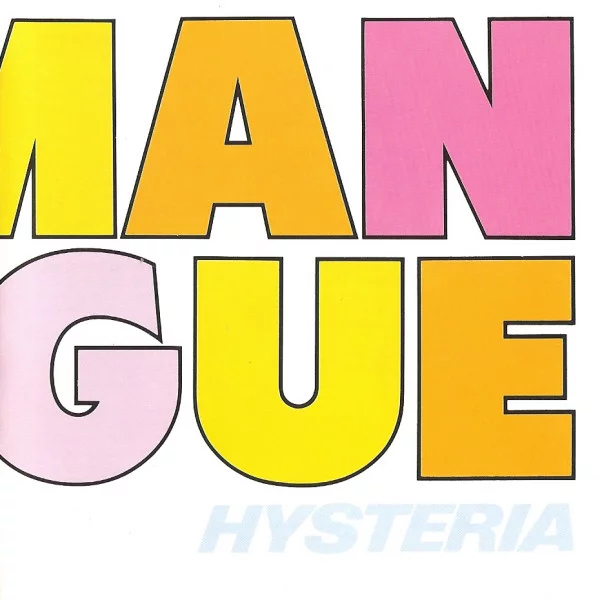
Released 1984
Label Virgin
Chart Position UK No.3 and US No.62
What happens to artists when they try to match such an iconic and career-defining record as Dare? For The Human League, there’s a hint in the title to their 1984 fourth studio album.
As pressure mounted on the group to come up with a follow-up, they frayed at the edges. Outwardly, the six-song Fascination! EP featuring the hits Mirror Man and (Keep Feeling) Fascination made it seem like all was rosy in the League camp, but a fully-fledged fourth long-player was much harder to come by.
After producers Martin Rushent and Chris Thomas fell by the wayside during recording sessions, it was left to Hugh Padgham – he of the Phil Collins gated reverb sound – to finally get them over the finish line.
Almost three years after the release of Dare came Hysteria. However, the group lost some momentum in the meantime and wouldn’t break the UK Top 10 with any of its attendant singles.
Yet there’s plenty of evidence on offer here to prove that they were far from finished as a creative force. The sweat ultimately paid off and Hysteria emerges from within the chaos, despite a few dips in quality (The Sign and Betrayed feel like filler), to offer plenty of fine moments.
Standout track The Lebanon was something of a red herring, the Simple Minds-aping guitars didn’t mark a swerve into stadium rock territory elsewhere, although a dash of axe hero theatrics are also sprinkled through the knowingly-titled I’m Coming Back.
This time out the group’s well-chosen cover comes courtesy of the funky Rock Me Again And Again And Again…, a synth-funk reboot of a 1974 James Brown vehicle for Lyn Collins. The League even drop in a Good Times-style bassline to anchor I Love You Too Much to the dancefloor.
Fans were most intrigued with the lilting ballad Louise, a sequel to Don’t You Want Me set four years after the original. “It’s about men thinking they can manipulate women when they can’t, even conning themselves that they have when they haven’t,” explained Oakey.
Another Oakey tale of doomed love, So Hurt, returned to a retro 70s synth sound and Life On Your Own provided evidence of their knack for a killer chorus.
The Human League Albums: Crash
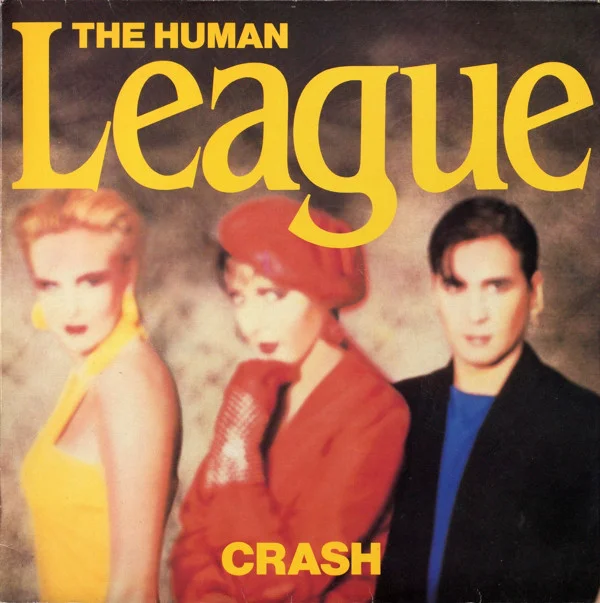
Released 1986
Label Virgin/A&M
Chart Position UK No.7 and US No.35
After the struggles of recording Hysteria, a fresh outlook and backroom team were required for its follow-up. Yet there’s a certain irony to Crash’s title, which came with its own set of problems behind the scenes.
Following the departure of Jo Callis in 1985, the group lurched into yet another crisis. Label Virgin Records were concerned about the floundering of the League, who remained one of their marquee names, and resolved that a lack of direction on the production side was behind their creative stasis.
A quick fix solution was offered; the band would work with Jimmy Jam and Terry Lewis, the gold-standard hit-makers behind classic US R&B records by the likes of Janet Jackson and Alexander O’Neal.
Relocating to Jam and Lewis’ studio in Minneapolis, a battle for control over the direction of the album would lead to much friction. After four months Stateside, Oakey pulled the plug on the sessions and The Human League returned to Sheffield.
Jam and Lewis completed the final touches to the LP without the band’s assistance. In retrospect, Oakey now acknowledges that the production duo saved his group’s career in the long run.
Jam and Lewis’ influence is there for all to see on Crash. Their trademark style is immediately apparent on opener Money and the funky synths of I Need Your Loving. The urgent thudding backbeat of Love On The Run is the duo’s most urgent contribution to the album.
The game-changer, though, was the emotive Jam & Lewis-penned ballad Human. The Human League’s first chart-topper in the US since Don’t You Want Me, its tale of a reunion after a trial separation was clearly their slickest mainstream single in many years.
Compromises were clearly made to appeal to the charts: it’s still odd to hear Oakey singing “Grab your partner, swang her round/ Swang that girl upside down” on the cheery silliness of Swang. We’re a long way here from Circus Of Death.
While hardcore fans may have been worried the group were selling out, the reality was that this secured their future.
The Human League Albums: romantic?
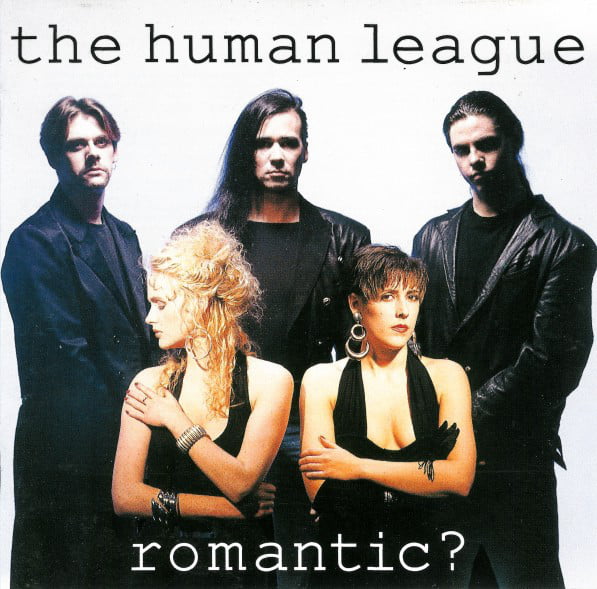
Released 1990
Label Virgin/A&M
Chart Position UK No.24 and US –
With the charts dominated by beat-heavy R&B, synth-pop innovators like The Human League struggled to find their place in the early 90s.
Adopting a multi-producer approach, Romantic? attempted to hitch a ride with some au courant gimmicks – opener Kiss The Future finds them adopting sample-packed New Jack Swing and even utilising an Italo House piano solo in an attempt to sound relevant.
Likewise, Mister Moon And Mister Sun, with its de rigueur Funky Drummer beat sounds laboured and lumpen ballad Men Are Dreamers never really catches fire. Cheesy interjections (“Holy cow! Oh wow!”) from Catherall and Sulley make Soundtrack To A Generation cringeworthy.
The Stars Are Going Out finds the band musing on their fall from grace as a commercial act (“We used to be so hot, a million kilowatt or more”). It’s a sad admission of defeat.
Much better is the classy synth-pop of Heart Like A Wheel – its chorus is the most memorable aspect of the album – which plays to their strengths and the percussive A Doorway?
A straight synth-centric cover of Glitter Band stomper Let’s Get Together Again is pretty neat and they end on a high with Get It Right This Time, a frothy slice of unassuming pop. “Smacked on the chin, but I’m back with a grin,” sings Oakey, although not altogether convincingly.
Read more about romantic?
The Human League Albums: Octopus
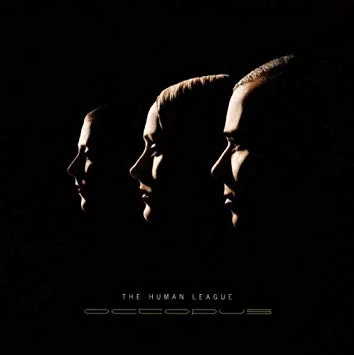
Released 1995
Label EastWest Records
Chart Position UK No.6 and US –
After a five-year studio hiatus, Octopus finds The Human League digging in and reasserting themselves as a totemic synth-pop act.
Even Oakey admitted previous albums had seen them lose their purpose and move away from their roots: “We went in some silly directions after Dare, bringing in acoustic instruments and trying to make white soul music. Now we’ve gone back to how we started, singing over recorded sequences on synthesisers.”
They couldn’t have hoped for a better response to the stunning comeback single Tell Me When, a Top 10 hit in the UK and Top 40 success in the States.
While there’s a hunkering down and realisation that they need to play to their strengths, Octopus doesn’t solely rely upon trading on former glories.
Co-written with Tears For Fears alumni Ian Stanley who produced the album, the bouncy These Are The Days is airy pop that rejects the idea of nostalgia (“The times you’re smiling back on, had that great sitcom/ It hardly compensated for the terror of the bomb”).
They made a break from the past, too, with single One Man In My Heart, a Top 20 hit with a lead vocal from Sulley. The Guardian was suitably impressed, labelling it one of the best love songs of the decade.
Oakey is on good form throughout Octopus, making full use of his baritone on Housefull Of Nothing and sounding wonderfully engaged on the urgent 808 State-style club banger closer Cruel Young Lover.
The thoughtful mid-paced ballad Words is impressive (although some lyrical clunkers manage to find their way through to the final version (“Tolerating propaganda and your girlfriend Alexandra/ With her secret memoranda”) and fans no doubt lapped up the retro synth hook in Filling Up With Heaven’s mid-section.
However, those hoping to hear Oakey’s take on comedy royalty with the quirkily-titled John Cleese: Is He Funny? had to make do with a crackling slice of dancefloor-friendly electro-pop instead.
A key album in The Human League’s back story, Octopus re-established the group as synth-pop icons with one foot on the dancefloor but still able to write affecting ballads free of saccharine and schmaltz. Worthy of revisiting, for sure.
Read our review of Octopus
The Human League Albums: Secrets
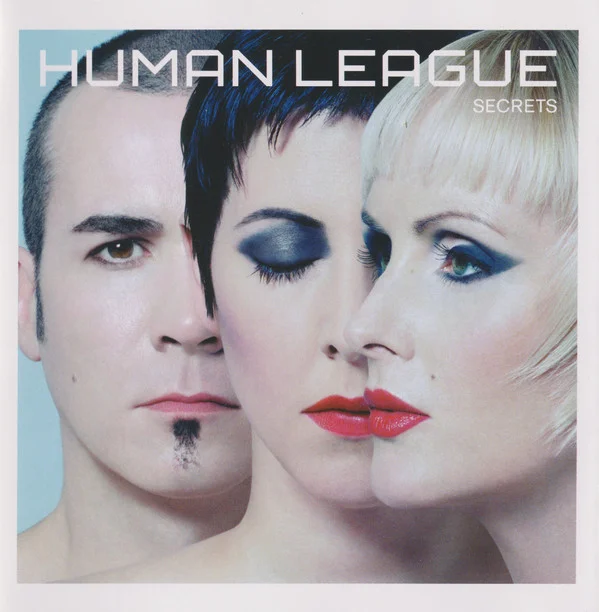
Released 2001
Label Papillon Records
Chart Position UK No.44 US –
One of the most divisive albums in the group’s back catalogue, there’s little consensus out there among the League’s fans on Secret. Some were disappointed, others view this as – cliché alert – a terrific return to form. While it was well received by the critics, their eighth studio long-player notably failed to crack the UK Top 40.
Oakey shares co-writing credits with Neil Sutton for the most part on a record that attempts to retain their core elements but bring them into the new era, too.
Tracks like Shameless are bursting with melodic ideas and Liar, another Oakey tale of infidelity, is a pulsing electro banger.
The vintage synth feel of instrumental Ran is the clearest nod to their 70s roots as ground-breaking electronica visionaries and the pulsing electro bassline, soulful lead vocals and very pop BVs on All I Ever Wanted make for a fine package. Never Give Your Heart also finds the group at their most unapologetically poppy.
A notable feature, though, are the instrumentals liberally laced through the tracklisting. The Human League certainly make full use of a CD’s maximum running time – seven instrumentals join nine traditional songs on Secret, but perhaps Oakey and co would have been better served working up the superior backing tracks such as Brute into fully-fledged songs.
Read more: Album By Album – Heaven 17
Read more: Heaven 17 – Penthouse And Pavement
The Human League Albums: Credo
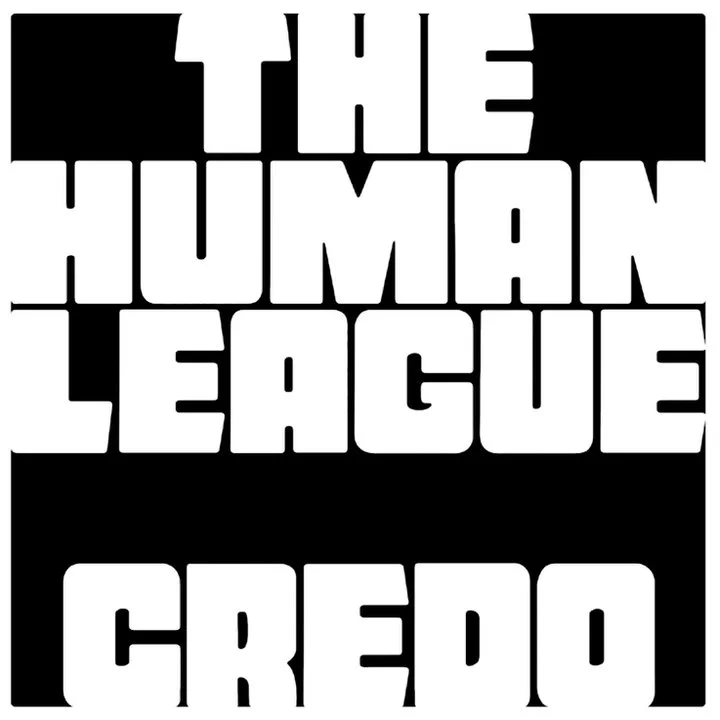
Released 2011
Label Wall Of Sound
Chart Position UK No.44 and US –
Released on hip record label Wall Of Sound and utilising the production talents of fellow Sheffielder producers Dean Honer and Jarrod Gosling, aka I Monster, Credo is one of the finest marriages to date of The Human League’s experimental and populist tendencies; arguably their best since Travelogue, in fact.
After Secrets failed to make the impact the group had hoped for, The Human League walked away from the studio for yet another lengthy gap in their recording career, concentrating instead on refining their live act.
Seven years later, it was time to freshen up the live set with some new material or risk being seen purely as a nostalgia act.
Precision-tooled to make an impact on the dancefloor, more than 30 years into their career, Philip, Jo and Susan still sound at home in the clubs. Gosling and Honer are cognizant of Sheffield’s place in the lineage of synth-pop but confident enough to have fun with it.
The obligatory vocoder effects turn up on the striking opener Never Let Me Go – a sleek slice of sexy pop while paean to the dancefloor Night People is a heavy-duty club banger solely aimed at getting your feet moving.
Night People is downright hilarious (“Leave your cornflakes in your freezers, leave your chocolate and your cheeses/ Hide away from daily rancour, grab the cheer for which you hanker”) – only Oakey would dare write a lyric like that for what is essentially a club track.
The group’s history hovers most obviously into view on Privilege, a retro-sounding brooder that could have been culled from their first two studio albums – and none the worse for that. Into The Night twinkles rather wonderfully and Breaking The Chains is a trademark Oakey ode to non-conformism.
Electric Shock is straight-ahead dance-pop while the feisty closer When The Stars Start To Shine is a return to their desire for perpetual forward motion (“Keep on moving, don’t back down, hold your head up/ Hold your ground never falter, lead the pack”).
Read more: The Lowdown – The Human League
Check out The Human League’s website
